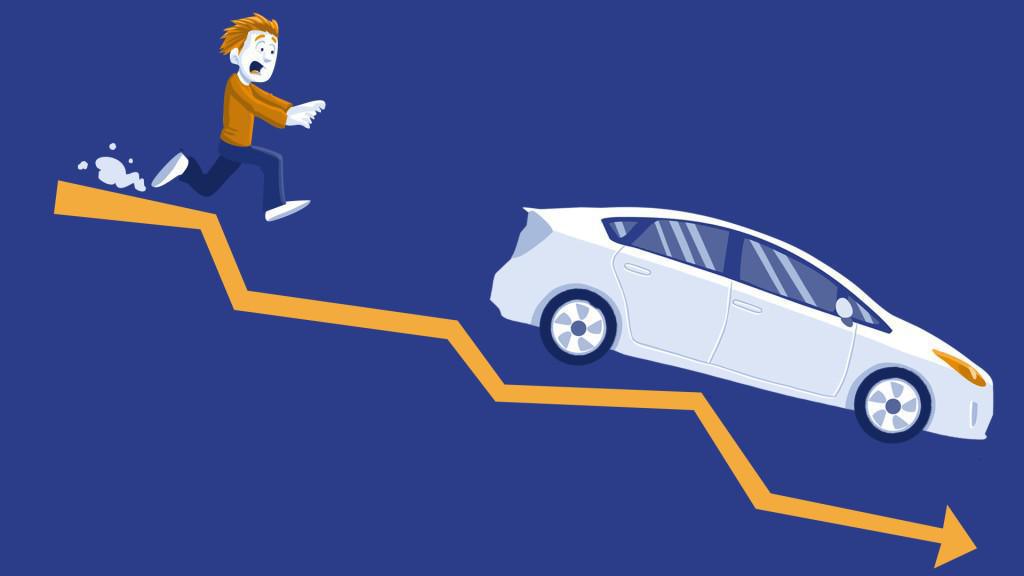Lets talk about Car Depreciation
What You Need to Know
South African motorists are all too familiar with the steady grind of vehicle depreciation, and it’s not just the road wear. With long distances clocked up year after year, it’s no surprise that a car’s value is slipping away quicker than you might think.
Depreciation is the slow (or sometimes not-so-slow) reduction in a car’s value from the day you drive it off the lot until the day you sell it. Several key factors accelerate this decline:
Age: Even a car that sits idle will lose value over time. Metal rusts, electronics age, and designs go out of style.
Mileage: The more you drive, the faster the depreciation. In South Africa, where cross-country trips and long commutes are common, this can be a real kicker.
Transaction Costs: Cars are purchased at retail prices but usually sold at trade or wholesale prices. This gap, along with dealer margins, takes a hefty bite out of your resale value.
According to Mark Ridgway, chief technical officer at get Worth, a firm specializing in used car pricing, assessing a vehicle’s market value is more of a science than an art. His team uses vast amounts of data and algorithms to understand the true worth of cars in South Africa’s ever-changing market.
One key insight Ridgway offers is "that new cars take the biggest hit". It’s a fact often glossed over by excited new owners: a shiny new car drops in value the second it leaves the dealership. On average, a new car will lose around 10% of its value in the first minute. Yes, that fast. After the first year, expect that to climb to 15% to 20%, and by the time your car celebrates its fifth birthday, you’re looking at a 30% to 40% drop. And those numbers are before you factor in additional transaction costs like transfer fees and dealer commissions.
But it’s not all doom and gloom. Some cars fare better than others in South Africa’s unique market conditions, and Ridgway breaks down the key factors:
Price Point: Entry-level models tend to hold onto their value better. Buyers in this segment are more price-sensitive, keeping demand steady.
Car Class: Luxury cars are fantastic until they aren’t. They depreciate faster than their more affordable counterparts, as buyers shift their focus to newer models with the latest tech.
Fuel Efficiency: In a country where fuel prices are anything but predictable, cars with better fuel economy are always in demand, which helps them hold their value longer.
Model Popularity: Some cars just resonate with buyers. High-demand models see slower depreciation, simply because everyone wants one.
Brand Reputation: It’s hard to beat brands known for bulletproof reliability. Take Toyota, for instance, where rock-solid dependability means slower depreciation over the years.
So, how do you keep depreciation from hitting your wallet too hard? Ridgway advises buyers to do their homework. Compare the prices of new and one-year-old models to get a sense of value loss. And don’t overlook the second-hand market buying a well-maintained, one-year-old car can often save you a bundle in depreciation compared to going brand new.
Finally, Ridgway’s golden rule: "look after your car". Simple maintenance and regular care will ensure that when it comes time to sell, your vehicle fetches the best possible price.
#motoring #cars
If you liked this article and want to catch up on the latest motoring news, Download the VROOM App


